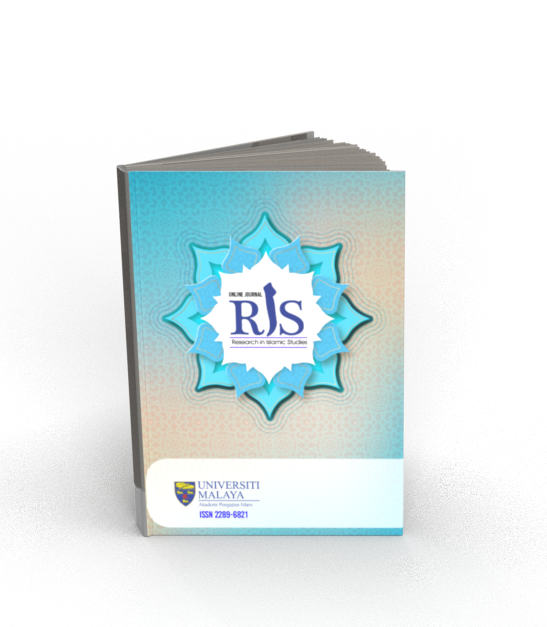Main Article Content
Abstract
As the world's largest trade agreement involving ASEAN countries and key trading partners such as China, Japan, South Korea, Australia, and New Zealand, RCEP offers various economic benefits to Malaysia, including increased exports, foreign direct investment (FDI), and integration into regional supply chains. However, this trade agreement also presents challenges, particularly in terms of domestic industry competition, effects on small and medium enterprises (SMEs), and social implications. A qualitative research approach is employed in this study, where data is gathered from journal articles, research reports, by Islamic scholars, and official sources related to Malaysia’s participation in international trade agreements. The primary focus of this study is to examine the policies, implementation, and impact of RCEP on Malaysia’s economy and society, as well as its alignment with Maqasid Shariah principles, particularly economic benefits and social protection. The findings indicate that Malaysia's participation in RCEP provides economic advantages such as increased exports, higher FDI, and deeper global supply chain integration. However, challenges remain in terms of domestic industry competition, reliance on external markets, and impacts on SMEs. The maslahah analysis suggests that Shariah-based strategies should be adopted to ensure a balance between economic benefits and social needs, such as worker protection, environmental sustainability, and economic stability. Therefore, this study provides a clearer understanding of the economic and social implications of Malaysia’s participation in RCEP and serves as a reference for policymakers and Islamic financial institutions in formulating more sustainable and Shariah-compliant trade strategies.
Keywords
Article Details
Copyright (c) 2025 Online Journal of Research in Islamic Studies

This work is licensed under a Creative Commons Attribution-NonCommercial 4.0 International License.
Copyright Notice
By submitting manuscripts to the Online Journal of Research in Islamic Studies (RIS), authors agree to transfer copyright to the journal. However, authors may republish their work or grant others permission to republish it; in which case it should be accompanied by a proper acknowledgment that the work was originally published in the Online Journal of Research in Islamic Studies (RIS). The journal adopt CC-BY-NC licence which authors may also share and distribute their article anywhere of non-commercial website, social media and repositories immediately on publication.
Authors may also reuse the Abstract and Citation information (e.g. Title, Author name, Publication dates) of their article anywhere at any time including social media such as Facebook, blogs and Twitter, providing that where possible a link is included back to the article on the journal site.
